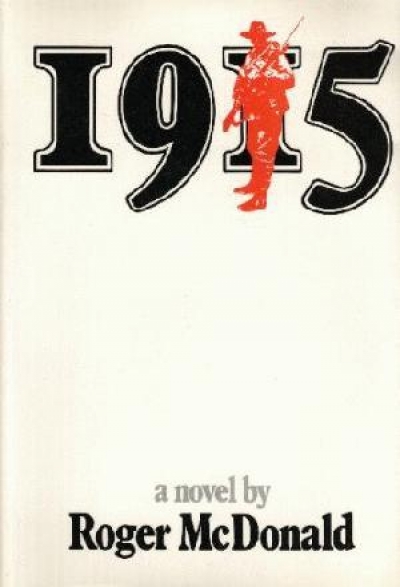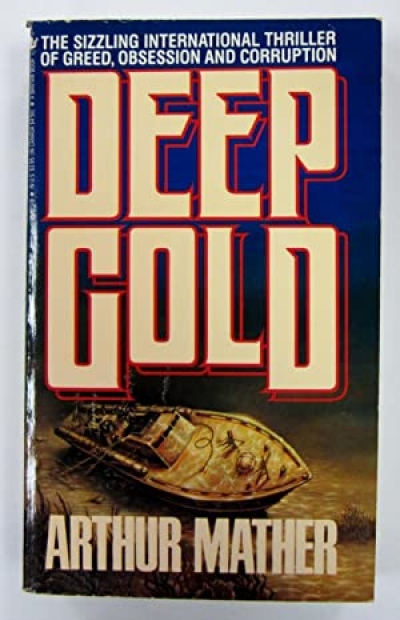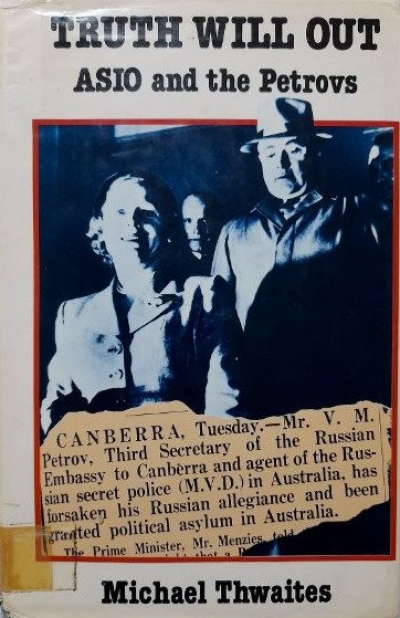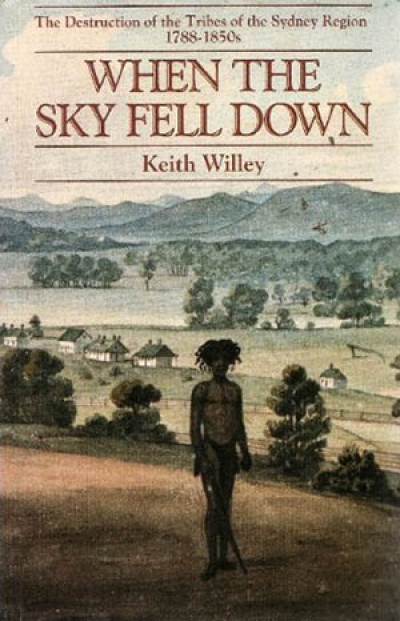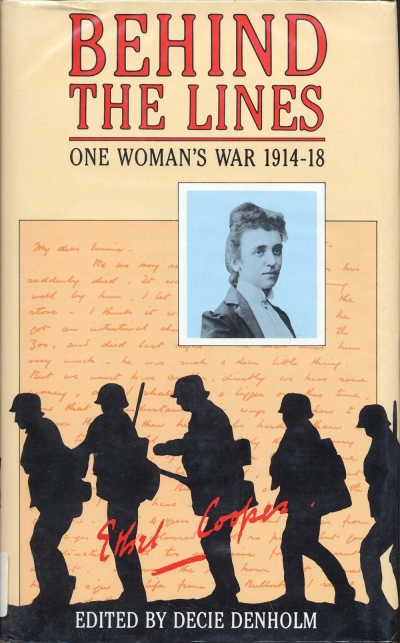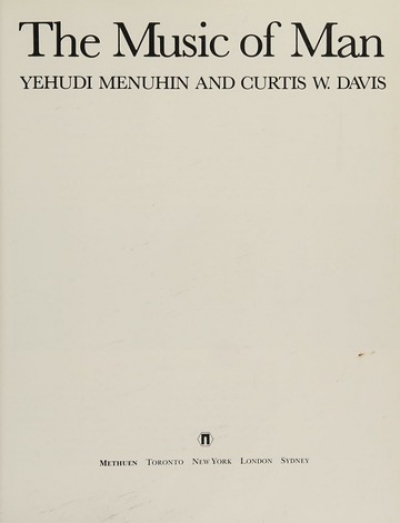Collins
Deep Gold by Arthur Maher & Seven Miles from Sydney by Lesley Thomson
by Stephen Knight •
Worse Than Death by Jean Bedford (in collaboration with Tom Kelly)
by Jane Stephens •
When the Sky Fell Down: The destruction of the tribes of the Sydney region 1788–1850s by Keith Willey
by Maurice French •
Strong-man from Piraeus and other stories by George Johnston and Charmian Clift & The World of Charmian Clift by Charmian Clift
by Beverley Farmer •
Behind the Lines: One woman's war 1914–18: The Letters of Caroline Ethel Cooper edited by Decie Denholm
by Nancy Keesing •
The Music of Man by Yehudi Menuhin and Curtis W. Davis & The Picnic and Suchlike Pandemonium by Gerald Durrell
by Geoffrey Radcliffe •
Faces of My Neighbour: Three journeys into East Asia by Maslyn Williams
by David Martin •

